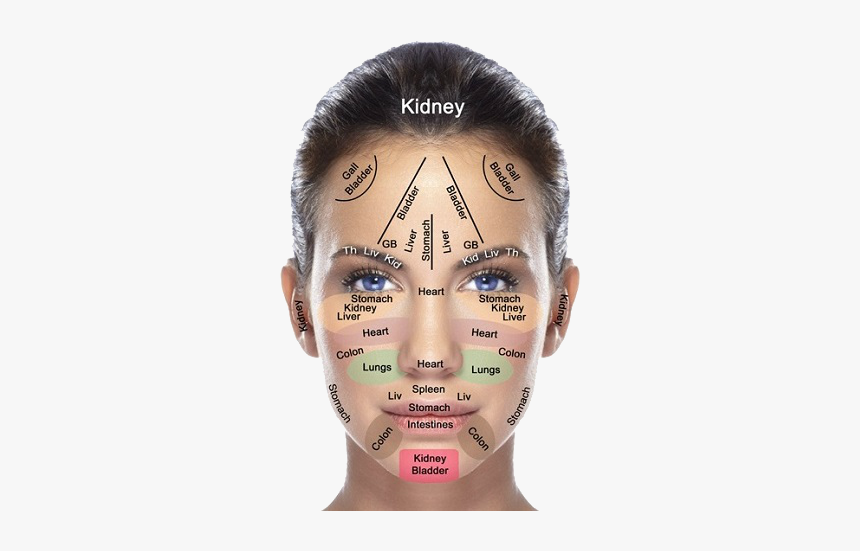The human body is a complex and interconnected system, where physical health and emotional well-being are deeply intertwined. While traditional medicine often focuses solely on the physical aspects of health, many ancient healing practices recognize the profound influence of emotions on overall wellness. One such concept is the connection between emotions and meridians – the energy pathways that flow throughout the body according to traditional Chinese medicine (TCM). In this blog, we’ll delve into this fascinating topic, exploring how our emotions are believed to impact the meridian system and, in turn, our health.
Understanding Meridians:
In TCM, meridians are considered channels through which vital energy, or qi (pronounced “chee”), flows. There are twelve main meridians in the body, each associated with specific organs and functions. These meridians form a network that regulates the flow of qi and maintains balance within the body. When the flow of qi is disrupted or blocked, it can lead to physical and emotional imbalances, manifesting as various health issues.
Emotions and Meridians:
According to TCM philosophy, each meridian is not only associated with physical organs but also corresponds to specific emotions. For example:
- The Liver Meridian: Associated with the emotion of anger. When the flow of qi in the Liver meridian is obstructed, it can lead to feelings of frustration, irritability, and resentment.
- The Heart Meridian: Linked to joy and happiness. Imbalances in this meridian may manifest as anxiety, insomnia, or excessive excitement.
- The Lung Meridian: Connected to grief and sadness. Blockages in this meridian may contribute to feelings of melancholy, depression, or unresolved grief.
- The Kidney Meridian: Associated with fear and anxiety. When qi stagnates in this meridian, it can lead to feelings of insecurity, phobias, or chronic stress.
How Emotions Impact Meridian Health:
Emotional experiences, whether positive or negative, are believed to influence the flow of qi within the meridians. Strong or prolonged emotions can create energetic blockages, disrupting the smooth flow of qi and leading to imbalance and disharmony in the body. Conversely, addressing emotional imbalances through techniques like acupuncture, acupressure, or qigong can help restore the flow of qi and promote overall well-being.
Practical Tips for Balancing Emotions and Meridians:
- Mindfulness Practices: Cultivate awareness of your emotions and their impact on your body. Engage in mindfulness meditation, deep breathing exercises, or yoga to promote emotional balance and meridian health.
- Acupressure and Self-Massage: Learn acupressure points associated with specific emotions and meridians. Apply gentle pressure to these points to release tension, alleviate emotional distress, and stimulate the flow of qi.
- Seek Professional Support: Consider consulting a qualified TCM practitioner or licensed acupuncturist for personalized guidance and treatment. They can assess your individual constitution, identify imbalances, and recommend appropriate therapies to support emotional and meridian health.
The connection between emotions and meridians offers a holistic framework for understanding and promoting well-being. By recognizing the influence of emotions on the body’s energy system, we can take proactive steps to maintain emotional balance, support meridian health, and enhance overall vitality. Whether through mindful practices, self-care techniques, or professional guidance, embracing this interconnectedness can empower us to nurture harmony and wholeness in mind, body, and spirit.

